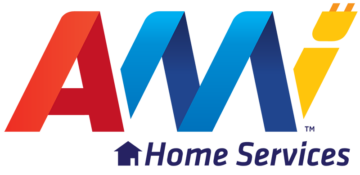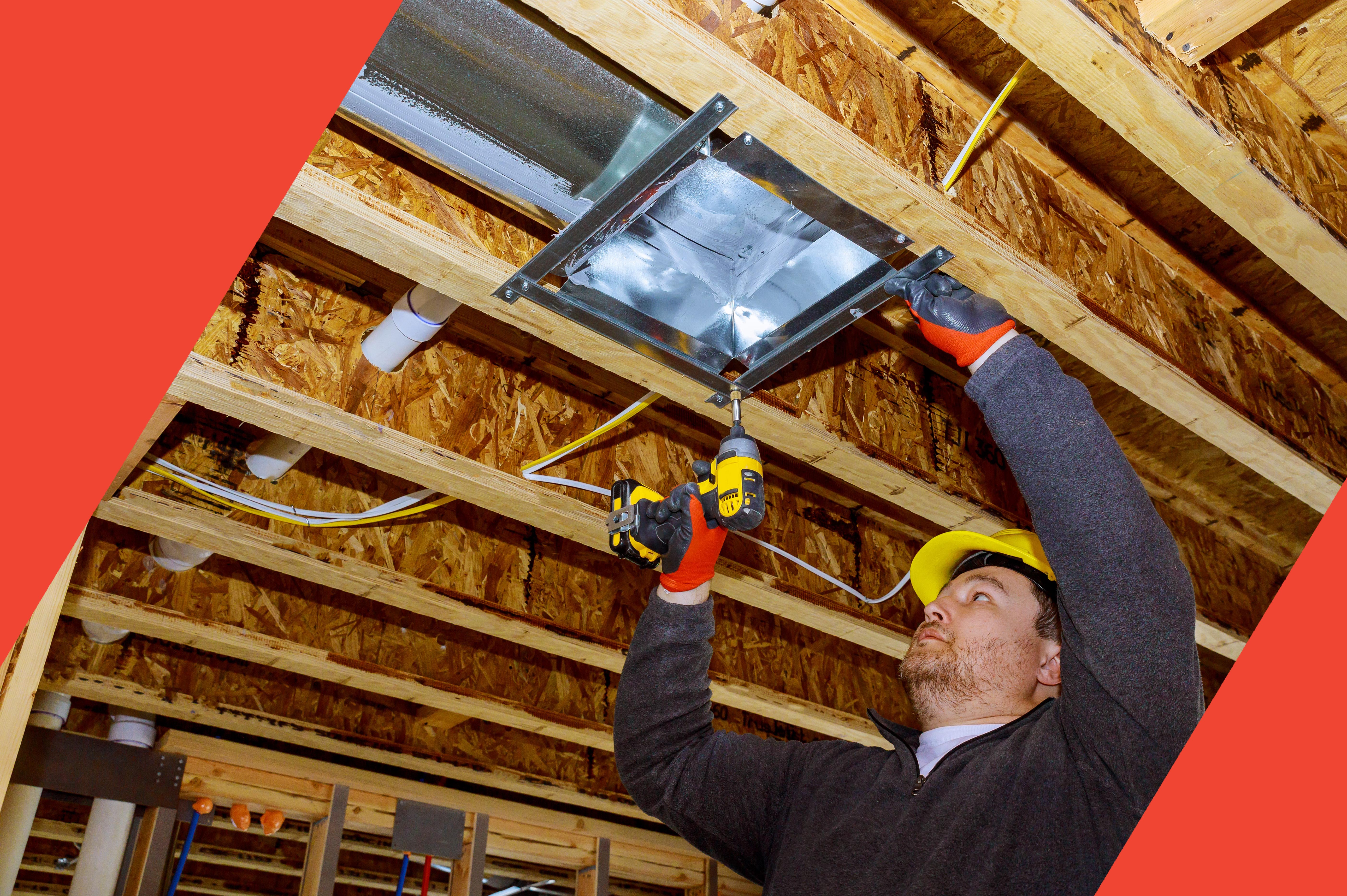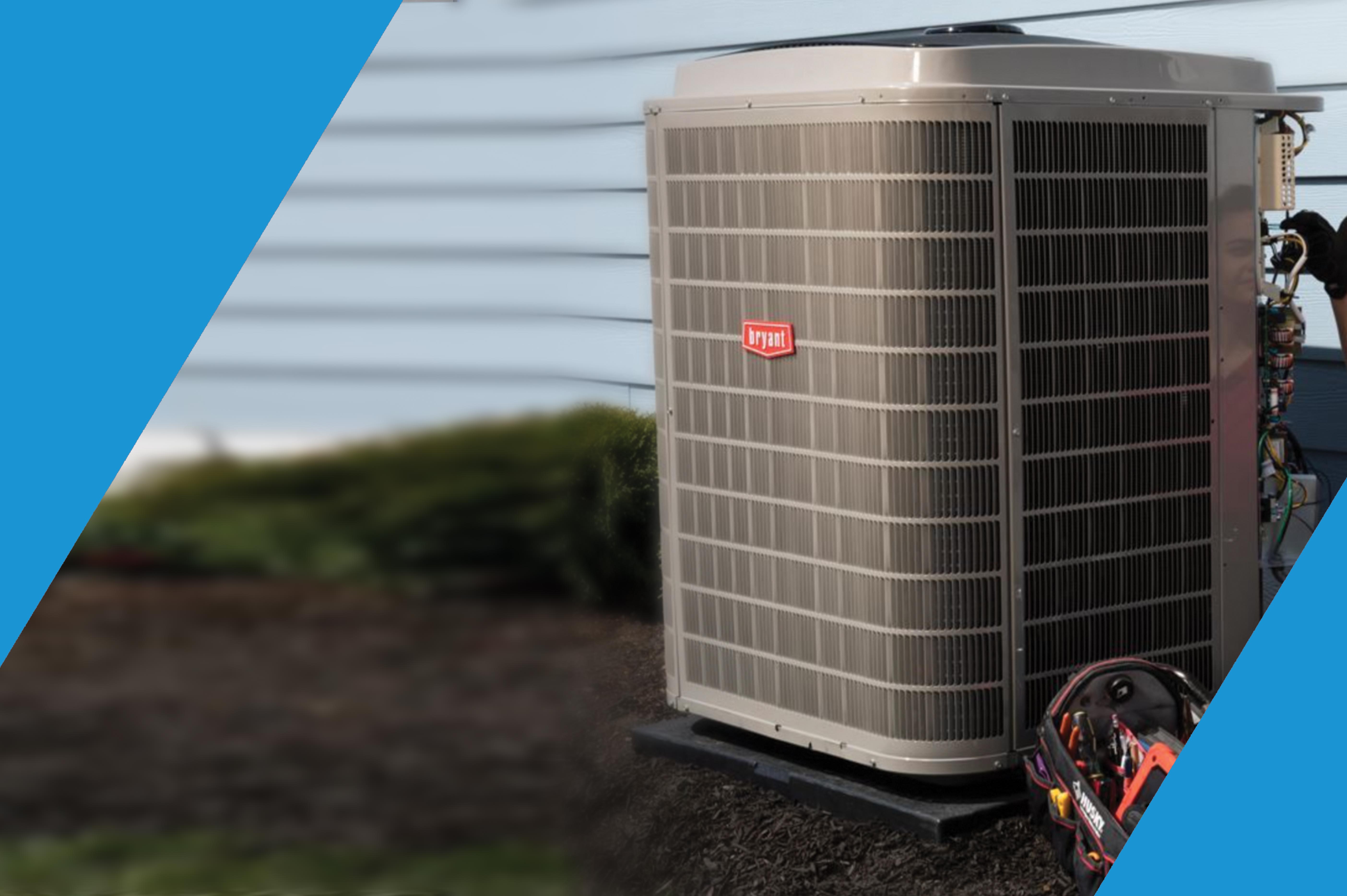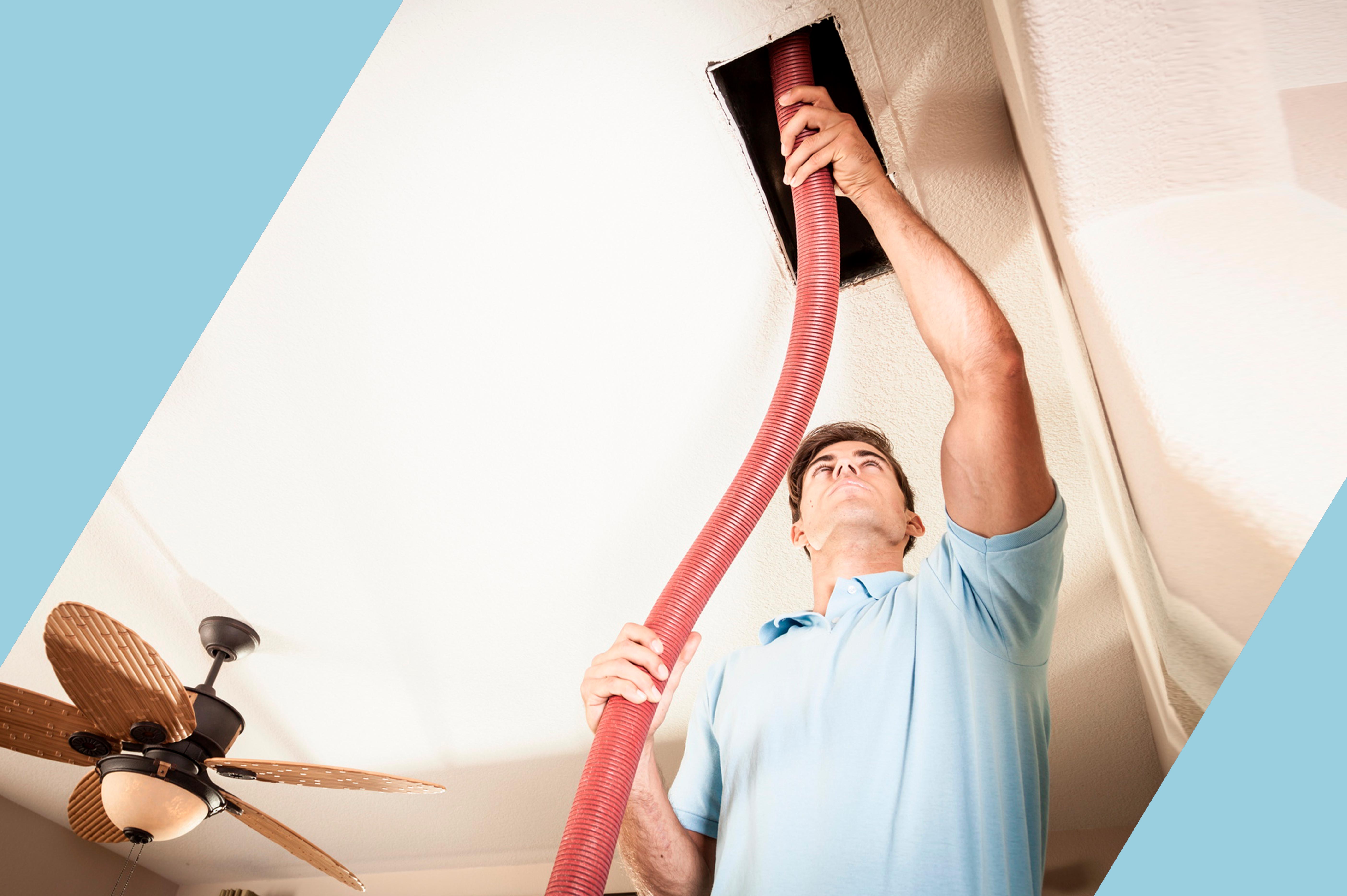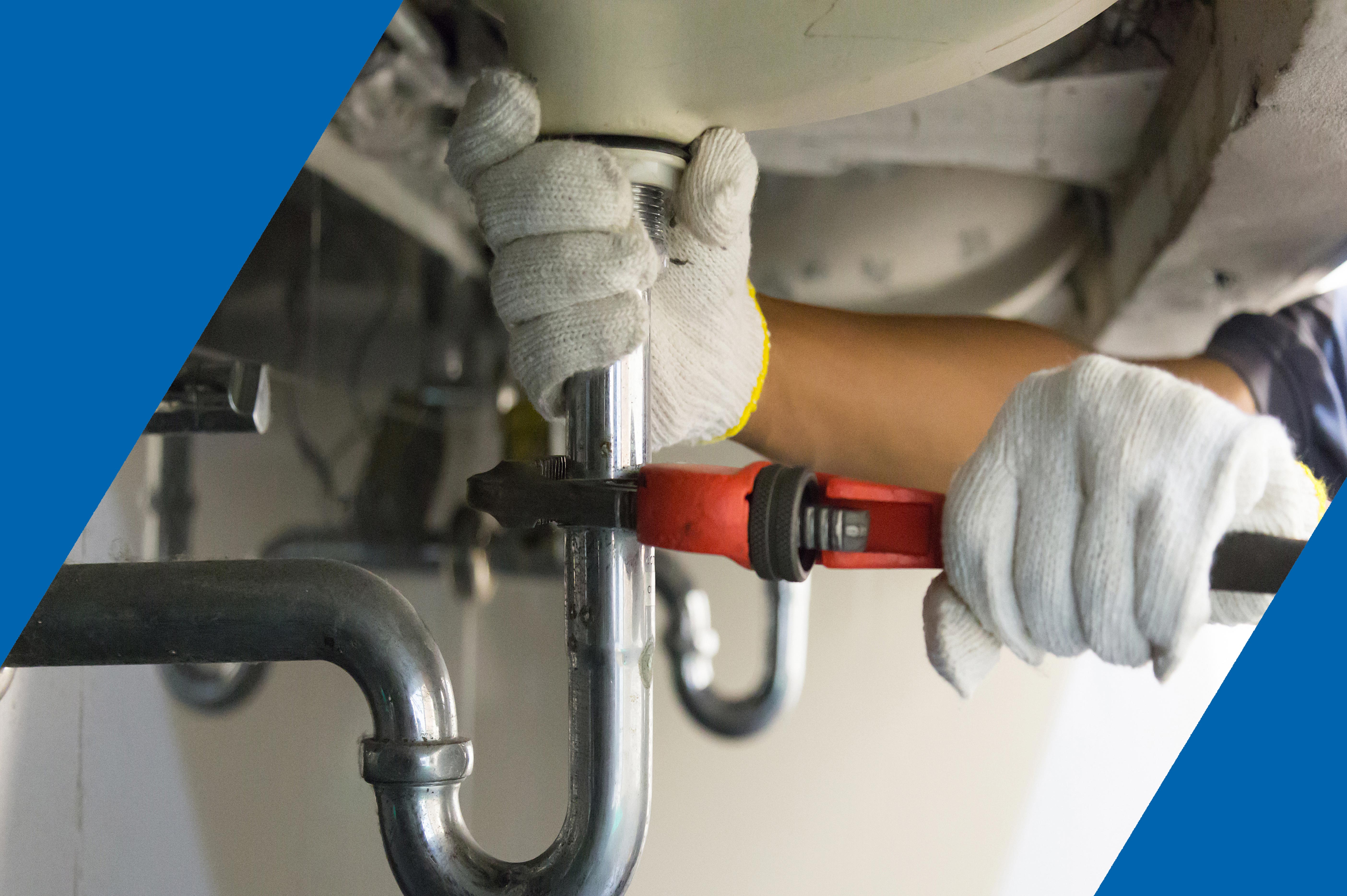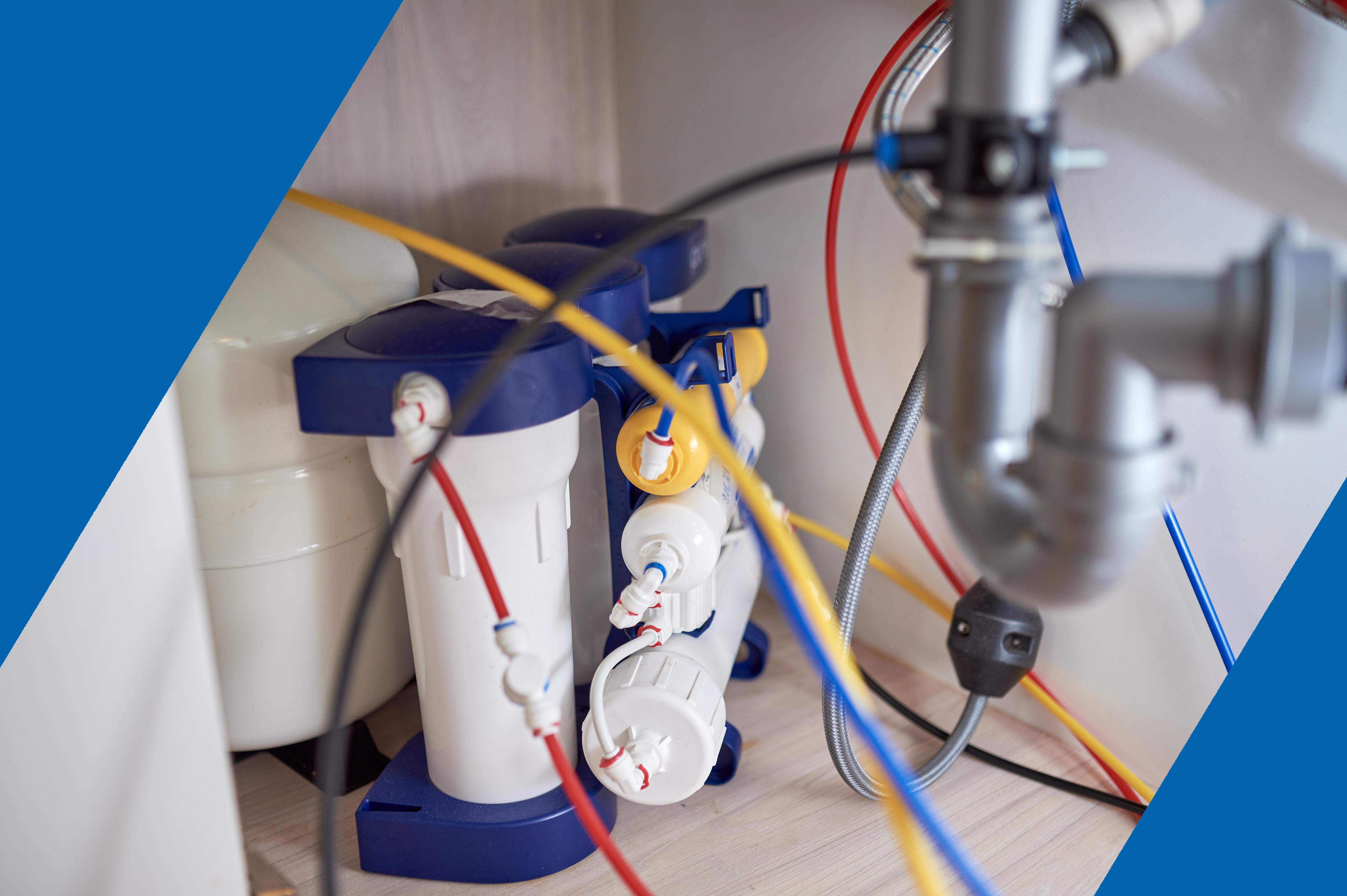
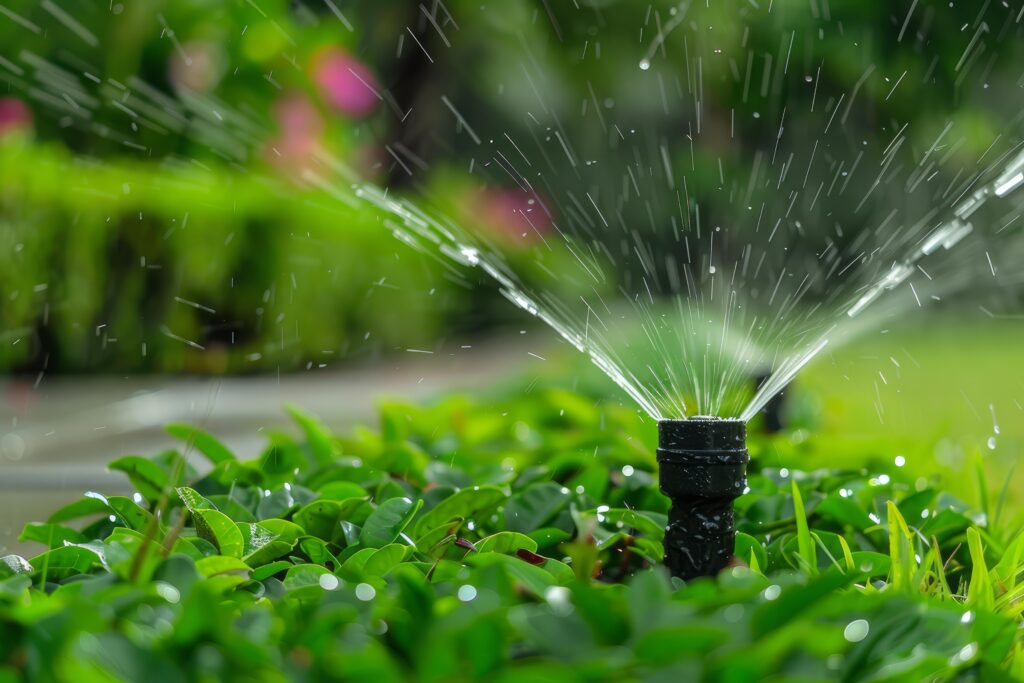
Now that winter has officially left Minnesota, it’s time to settle into Spring. Warmer weather welcomes us outdoors—making this the best time to check your plumbing systems to guarantee a worry-free summer. For your convenience, we’ve curated a list of the best plumbing tips for maintaining your home.
1. Check Your Outdoor Faucets for Damage and Leaks
When the weather is consistently above freezing, it’s safe to turn your outdoor water spigots back on for the season. Be sure to look out for dripping, cracking or rusting, as these can all be signs of winter damage. When running the faucet, check for low water pressure and knocking sounds, as this could indicate a serious pipe issue.
2. Clear Yard Drains, Vent Pipes, Gutters and Downspouts of Debris
Clogged plumbing fixtures can lead to water build-up that can quickly damage your home. Clear all debris from gutters, downspouts, and yard drains to ensure proper drainage. It’s also wise to have your plumbing vent pipes inspected, which are typically located on the roof or exterior walls of the home, as this is a common spot for birds to build a nest and cause blockages.
3. Inspect Your Outdoor Sprinkler System
If your home has an outdoor sprinkler or irrigation system, now is the best time to check it for any leaks or damage before regular use begins. While the system is running, watch closely for leaks, damaged sprinkler heads, and proper water distribution. A well-maintained irrigation system provides you with a healthy lawn while conserving water.
4. Test Your Sump Pump
April showers bring May flooding. Be ready with a working sump pump to protect your home from flood damage. To check that it is operating properly, pour a few buckets of water into the sump pit. The pump should quickly activate, discharge the water, then shut off without any issues. If not, it might be time for a repair or a replacement.
5. Schedule a Water Heater Tune-up
Just like we all need a standard health check-up, so does your water heater. Without routine, professional maintenance, your system is at risk of damage that results in poor performance and ultimately shortens the equipment’s lifespan. A tune-up can enhance energy efficiency, improve water quality by removing build-up, and identify issues early, saving you from costly emergency repairs. Stay on top of regular maintenance and save even more with a Total Solutions Maintenance Plan from AMi.
6. Check Your Main Water Valve
Your main water valve is typically not something you think about until disaster strikes. When you’re suddenly dealing with an overflowing toilet or burst pipe, the last thing you need is for your main water valve to be stuck with no way to quickly shut off the water that is now flooding your home. Test these valves during your springtime maintenance to make sure they aren’t rusted, and that they move easily. If you can’t move the valve and quickly turn your water supply off, it might be time for a repair or upgrade.
7. Schedule a Main Drain Line Inspection
Temperature changes, ground shifts, and debris build-up can all greatly impact your sewer lines. If you experience frequent clogs or backups, slow drainage, or foul odors and gurgling sounds in your pipes, it’s best to have your main sewer line inspected by our professional plumbers. Scheduling a video pipe inspection is a fast and effective way to detect, locate, and resolve all types of plumbing problems, without the need to expose your pipes.
Follow these helpful tips to prolong the life of your plumbing systems and enjoy a safe, stress-free summer. While some plumbing maintenance can be DIY friendly, hiring an experienced, certified plumber ensures that the job is done safely and efficiently, preventing any further damage or costly repairs.
Call AMi today for all your plumbing needs! 763.634.8030
